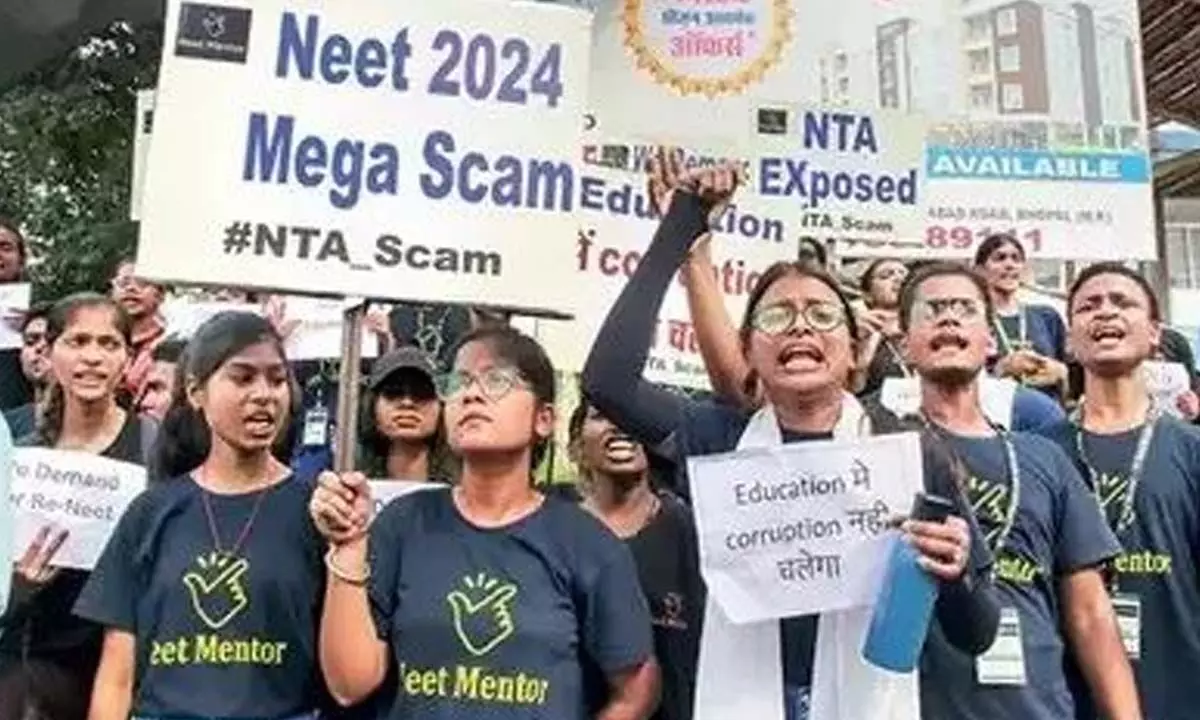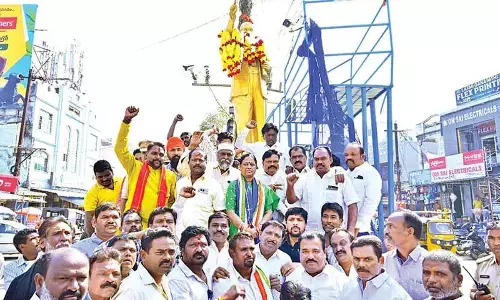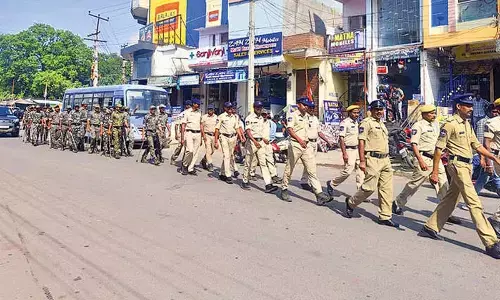Dreams sour for lakhs due to NEET fiasco

The ongoing controversy surrounding the NEET exam has brought the future of 23,33,297 candidates hanging in the middle of nowhere.
The ongoing controversy surrounding the NEET exam has brought the future of 23,33,297 candidates hanging in the middle of nowhere. Repeated paper leaks, grace marks system and the evaluation discrepancies continue to haunt competitive examinations, be it JEE, NEET, CPT or UPSC examinations.
When the students for professional courses and aspirants for holding higher ranks in government are selected through an elaborate process, and various stages of tests, then the process should also be transparent one. The NEET-UG exam paper leak and the grace marks issue cast questions on transparency as well as foolproof testing of the examination system. The common entrance and the recruitment tests should have high security features to give no scope for discrepancies, malpractices, and the unsavoury trend of paper leaks. Besides causing huge trouble for the aspirants, these loopholes also cause tremendous mental strain, and many may drop out after their first attempt. This also causes not only grave embarrassment but also huge additional costs for the government to conduct re-test. The entire laborious process like setting papers, arranging examination centres, security etc., will have to be repeated.
The National Eligibility-cum-Entrance Test or NEET UG is conducted by National Testing Agency. It is structured in two sections, i.e. A and B, in all four subjects, namely Physics, Chemistry, Botany and Zoology. Section A comprises 35 mandatory questions, while Section B contains 15 questions, out of which 10 are to be answered, leading to 200 questions, with 180 that can be answered.
One way to solve the pen and paper problem, NEET can be made computer-based wherein the correction can be done by encrypted apps. These high-tech apps should be developed robustly not only to detect eye movement and sense malpractices but also to perform fair evaluation. It will of course eliminate the role of invigilator, corrector etc. But it does carry the fear of ransom-ware attack.
What is at stake? The future of the potential candidates. Errors may also creep into evaluation process as the exam is conducted again. Many of the competitive exam takers are those who are entering the arena after long professional studies and sometimes after years of work. In such a case, the time that these candidates invest in preparation is wasted when the exam is cancelled for discrepancies or leakage. There are persons who quit their jobs with good career prospects to allot full time to the exam preparation. In this scenario, when the test is cancelled, their time and money are wasted.
What is govt doing now?
In the instant case of NEET paper leak, the government has ordered a CBI probe and it is underway. As such, both the government and the opposition parties should not attempt to politicise the issue, which may have a bearing on the probe. Stringent punishment should be meted out to the guilty.
There is a need quick enactment and implementation of Prevention of Unfair Means Act and the government should consider concerns like clarity on qualifications and composition of national technical committee. Also, the loopholes in punishment sanctions can be exploited by criminals. The exam meddling racketeers should be jailed. The Unfair Means Bill states that the persons resorting to unfair means can be given three to four years of imprisonment and Rs 10 lakh fine. It also lays down that the failure to pay the fine can only impose more years of imprisonment. The government should also implement similar measures for curbing the malpractices in the entrance exams for professional courses.
Why should the
students suffer?
When it comes to students, they can be classified into two categories. Those who are genuine and not aware of irregularities should be let free. However, students who have paid for the exam scandals like stealing of identity, paper leak, imposter-exam takers etc. must be held equally responsible for the exam scandal as the perpetrator of paper leak and should be punished on par. As far as the exam goers are concerned, it is natural tendency to take advantage of something when it is served to you on plate, and you never asked for it. To track the identity of exam-goers, showing Adhaar card at the Exam Center should be mandated.
What are grace marks? Are these awarded to UPSC candidates, too?
The awarding of grace marks should be done as a last resort and in extreme circumstances. In the present NEET case, the 1,563 students in at least six locations were awarded grace marks for the time they lost, leading to some of them becoming top rankers.



















